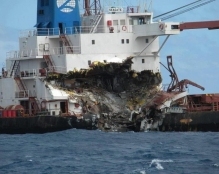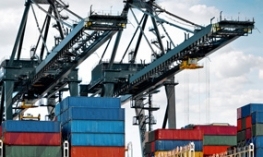Under the Limitation Convention 1976, a shipowner is able to limit its liability for loss or damage it causes to a contracting or third party. Under the Convention ‘shipowner’ is defined so as to include an ‘owner, manager or operator’ of a vessel. The Admiralty Court has recently, for the first time, given guidance on what is meant by ‘manager or operator’ under the Convention (Splitt Chartering APS & Ors v Saga Shipholding Norway AS & Ors [2020] EWHC 1294 (Admlty)) .
The Court decided that ‘operator’ includes ‘manager’ – which is more narrowly defined, as a party appointed by the owner with sufficient duties involving the safety of the Vessel, her manning, maintenance and profitable employment.
In contrast, the Court decided that an ‘operator’ included a party who could send personnel on board the Vessel and operate the Vessel and her machinery.
This clarification is useful as often more than one ‘owner interested’ entity will have a role in the day to day operations of a vessel and become exposed to claims. For instance, in this case, the vessel (a dumb barge, the anchor of which dragged across and damaged an underwater cable between England and France) was owned by Stema Shipping A/S and managed by Stema Shipping (UK) Ltd. The owner of the cable accepted that Stema Shipping A/S as the owner of the barge could limit its liability under the Convention but did not agree that Stema Shipping (UK) Ltd could as well, arguing that Stema Shipping (UK) Ltd’s involvement was no more than a purchaser of the material carried by the barge with any operator or manager activity being merely incidental to that function. Based on the Court’s approach to ‘operator’ and ‘manager’ Stema Shipping (UK) Ltd was also entitled to limit its liability under the Convention.


